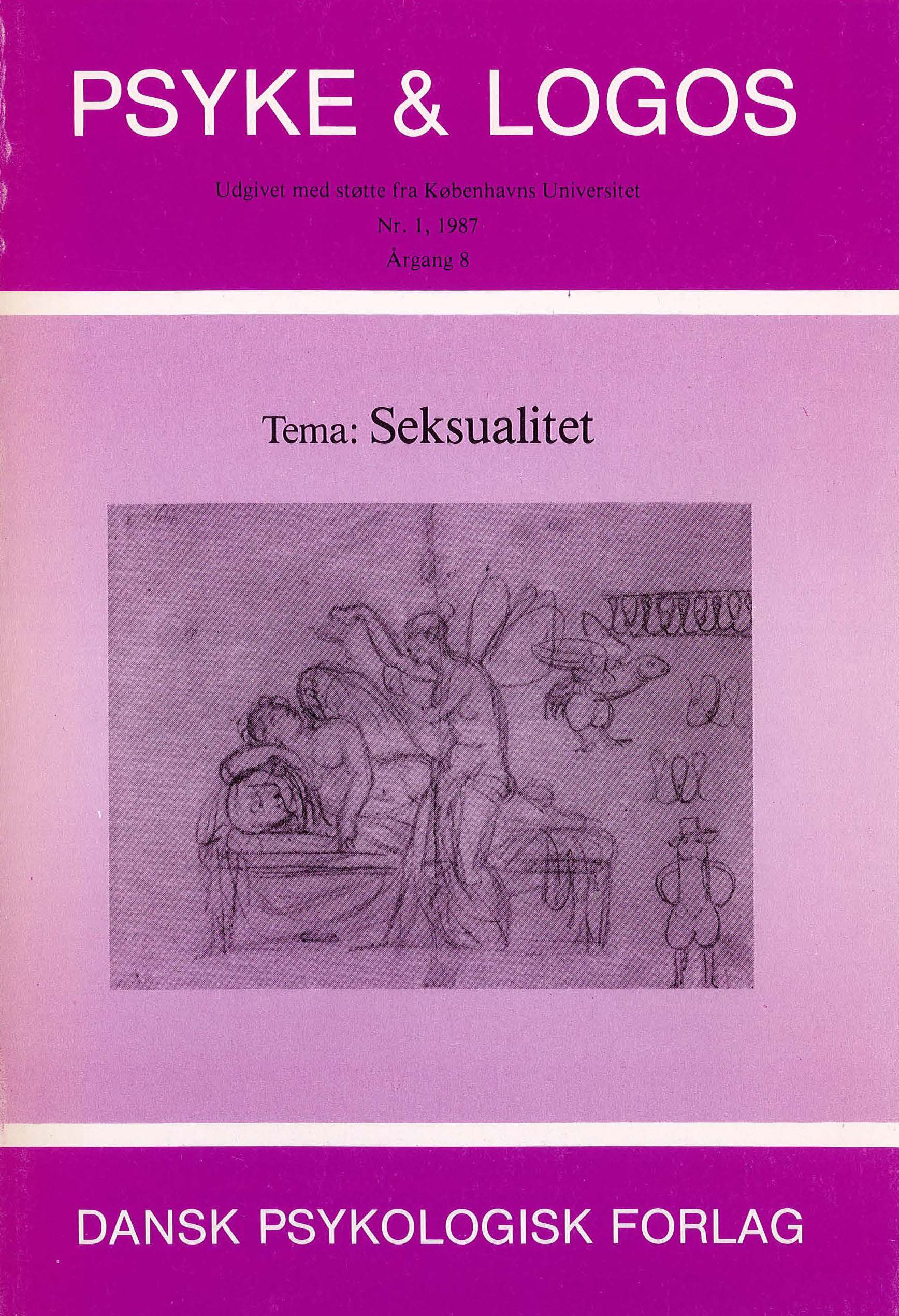Seksualitet, seksualisering og kvindelige livsperspektiver
DOI:
https://doi.org/10.7146/pl.v8i1.134328Abstract
The different forms of sexuality and especially the importance by which sexuality is presently considered is rooted in more recent societal developments. In the eighteenth and nineteenth centuries sexuality was discussed as never before. This was due not only to the fact that sexuality was »installed« in social life, as written by Foucault. Also the new »mediated « relation between individual and society created sexuality as a new and central reality in human life. This mediated relation, however, did not offer the same possibilities of development for all individuals. People lived different lives, according to social class and sex, and this was of extreme importance to sexual development. For the men in the bourgeois class sexuality became a central element of the new cultivated and individualized way of life. Compared to this both the working class and women were seen as »natural« and different:
The working class as bestial and women as being without sexuality. The forthcoming development shows how women's sexuality and the way it was seen was based both on women's societal opportunities and status and on the repressive ideology concerning female nature. For this reason it is obvious that the changing and more equal social conditions for men and women have brought the question of sexuality, and especially women's sexuality, in focus of discussion.
Downloads
Published
How to Cite
Issue
Section
License
Ophavsret er tidsskriftets og forfatternes. Det er gældende praksis, at artikler publiceret i Psyke & Logos, som efterfølgende oversættes til andet sprog, af forfatteren frit kan publiceres i internationale tidsskrifter, dog således at det ved reference fremgår, at den oversatte artikel har et forlæg i en dansksproget version i Psyke & Logos. Artikler kan frit deles og linkes til på forsknings- og undervisningsnetværk (så som Blackboard). Link foretrækkes, fordi det giver oplysning om brug af tidsskriftets artikler.




